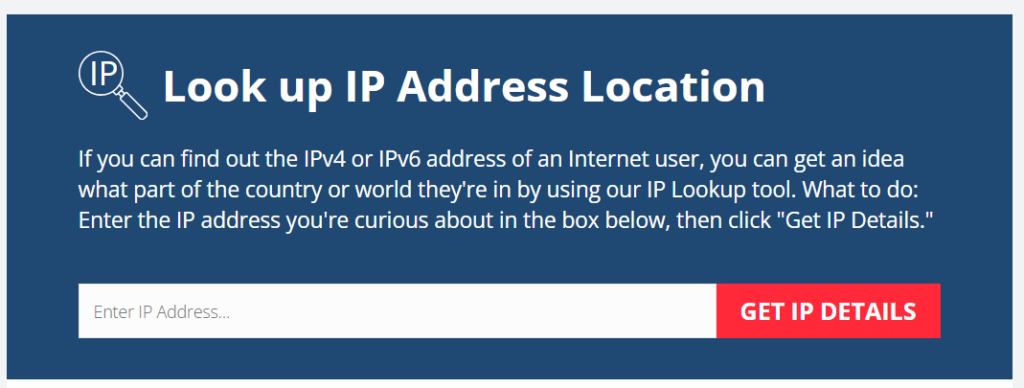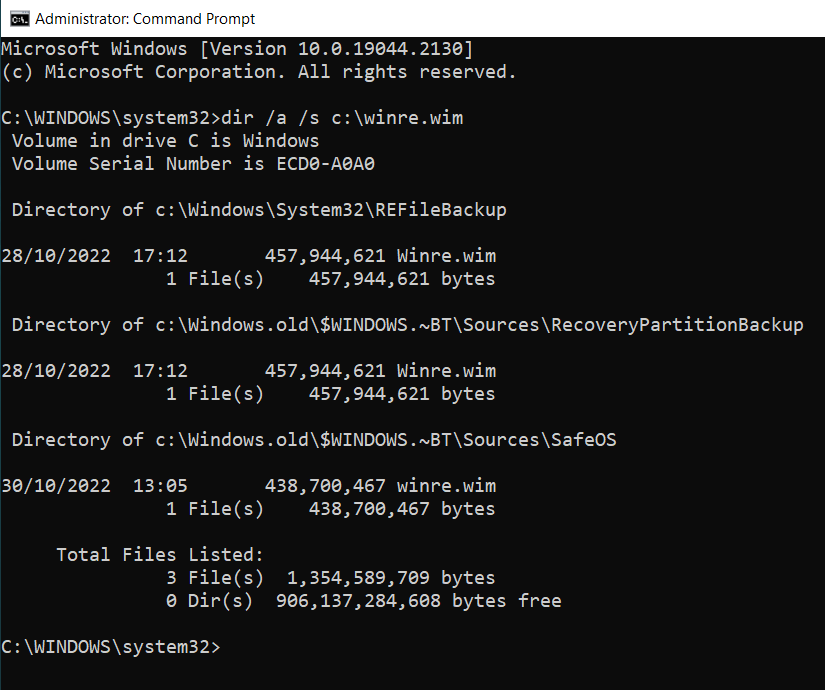How to Track a Hidden IP Address
-
-
BLOGS
- Aug 26, 2025
- 6 minutes read
-
126 Views
In today’s digital world, cybercriminals often go to great lengths to hide their IP addresses. Whether through VPNs, proxies, Tor networks, or IP spoofing, attackers try to mask their online identity to avoid detection. For cybersecurity experts and digital forensics investigators, learning how to trace hidden IP addresses is a vital skill in uncovering threats, stopping scams.
Methods to Get Someone’s IP Address
There are plenty of legitimate reasons why you might want to find someone’s IP address. For example, you may want to:
Establish a secure connection between two devices
Allow trusted devices to join your company’s network
Block or blacklist a suspicious device from accessing your systems
No matter the reason, it’s important to know safe and legal ways of finding an IP address. In this guide, we’ll explain what an IP address is, why it matters, and three straightforward methods to uncover one without crossing into shady or illegal territory.
What is an IP address?
An IP address (Internet Protocol address) is a unique numeric identifier assigned to every device connected to the internet. Internet Service Providers (ISPs) assign these addresses to homes, businesses, and mobile devices.
Every time you go online, your device uses its IP to send and receive data. For instance, when you type “amazon.com” into your browser, the request carries your IP address so that Amazon’s servers know where to send back the page. Without this identifier, the internet simply wouldn’t know how to communicate with your device.
IP addresses can also reveal useful details, such as:
The Internet Service Provider (ISP)
Hostname
Country, region, and city
Sometimes the organization or company that owns the IP
For private individuals, however, tying an IP directly to a name or street address usually requires legal authority and ISP cooperation.
3 ways to find someone else’s IP address
Now that you know why they’re important, you can search for one. There are plenty of legitimate reasons why you might want to find one. You might want to blacklist a device that keeps connecting to your Wi-Fi network without your permission, for example.
There are three ways you can find an IP address and get the info that’s associated with it: using an IP lookup tool, checking the header of an email, or using the command prompt and ping.

1. IP lookup
One of the easiest methods for obtaining information about an IP address is by using an IP lookup tool. These tools are usually free and the only info you need to use one is the IP address itself. An IP lookup tool pulls information from Internet Service Providers’ (ISPs) databases, public IP blacklists, and proprietary databases.
The name of the ISP
The IP’s hostname
Country, region, and city
Latitude and longitude
Known services running on that IP
You can rely on our IP lookup tool because we use info from IP2Location and IPBlock when fetching search results.
2. Email headers
An IP lookup tool works best when you already have an IP address and you want more information about it. If you already have a name but no address, then you’ll need another method. One way to find someone’s IP is by looking at the header of an email sent from them.
Checking the email header isn’t the most reliable way to find an IP address — usually only marketing emails contain an IP. Personal emails from friends or family almost never have one. Since marketing emails typically come from domains that have many email addresses, they have to implement a sender policy framework (SPF). The SPF is what helps you find the IP address.
Here’s how to use SPF to check for an IP address on a marketing email (we’ll use Gmail as an example):
Open the email and click the three dots (More) in the top-right corner.
Select Show Original.
Look for the “Received SPF” field — if you see a string of numbers like 12.130.137.78, that’s the IP address of the sending server.
Copy that IP into an IP lookup tool for more information.

3. Command prompt
You can use the command prompt on Windows (known as the Terminal for Mac) to find the IP address of a domain name. The below instructions are for Windows.
On Windows:
Search for cmd (Command Prompt).
Type ipconfig to see your own IP details.
Type ping domain.com (e.g., ping google.com ).
The response will show the domain’s IP address in parentheses.
These three methods are the simplest, most legitimate ways to find someone’s IP address. You may not end up finding a name or street address with these methods, and they will probably be more effective for companies or organizations than private individuals.
FAQs
Is it illegal to find someone’s IP address?
No — finding or looking up an IP address is not illegal. An IP is public-facing information every device uses online. However, using it for harassment, stalking, or cybercrime is illegal.
Can you find someone’s IP address on social media?
Yes, but it depends on the platform. Some methods (like using netstat -an while connected through chat) may reveal IPs, though many platforms mask this information to protect users.
What does an IP grabber do?
An IP grabber is a third-party tool that generates a link for someone to click on so you can “grab” their IP address. As you can imagine, IP grabber tools such as Grabify have a pretty big privacy and security risk. The goal of these tools is to grab the address without them knowing about it, which is shady.
While using an IP grabber isn’t technically illegal, you could be breaking privacy laws if you take someone’s personal information without their consent. That’s why we don’t really recommend using an IP grabber to search. You should use one of the three methods discussed above (IP lookup; email headers; command prompt and ping) instead.
Get someone’s IP address — safely
Remember that if you can find information about someone else’s IP address, they can find yours too. Maintain some privacy online by using a virtual private network (VPN). That way, if someone does manage to track down the IP you’re using, it won’t be associated with you or any of your personal information at all.
You can check out our list and reviews of VPNs to find the best one for you. Using any one of them will help keep your information safer and more private. And you can read more about how people can spy on your IP address here (just in case you’re not convinced you need to hide it).





